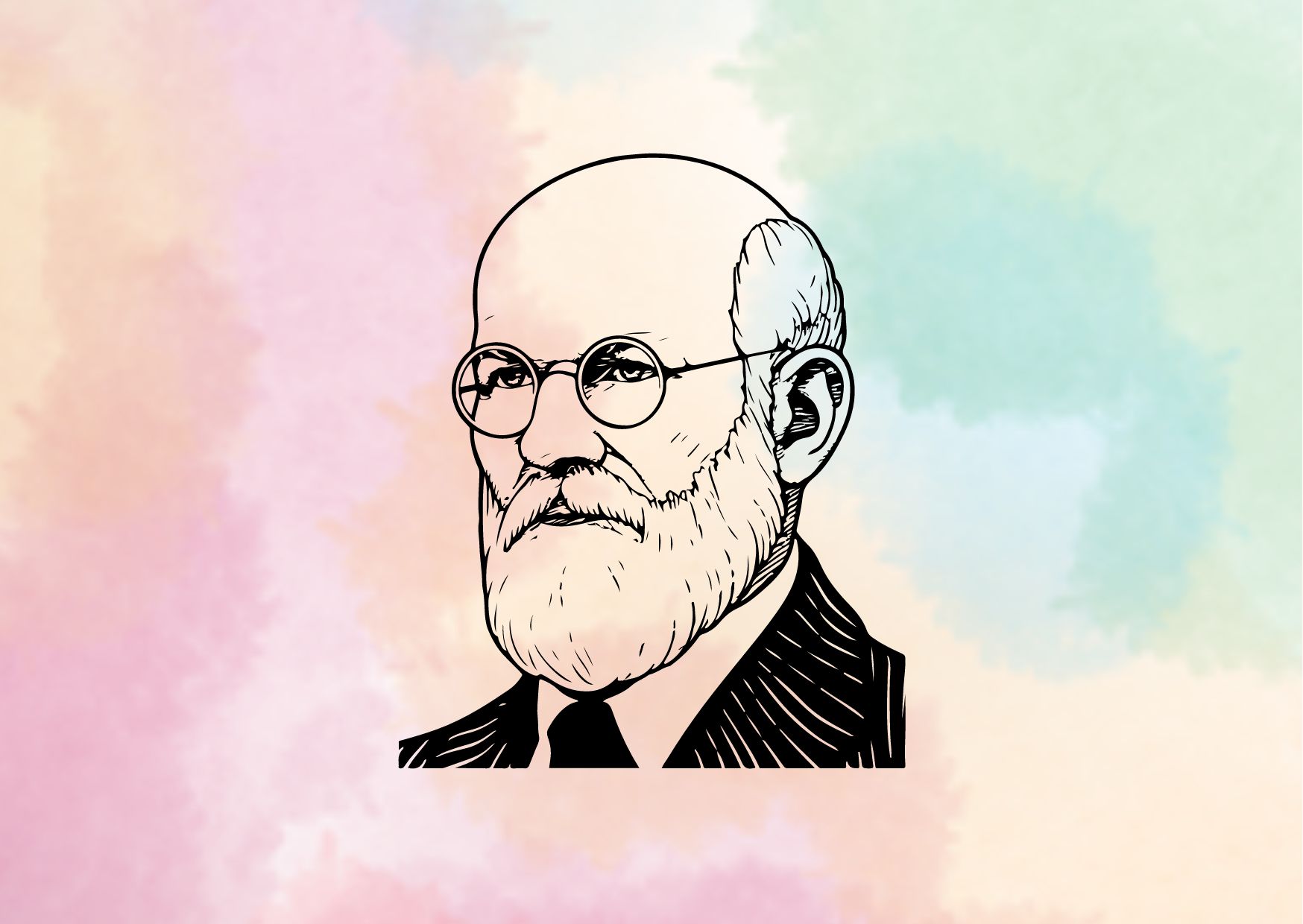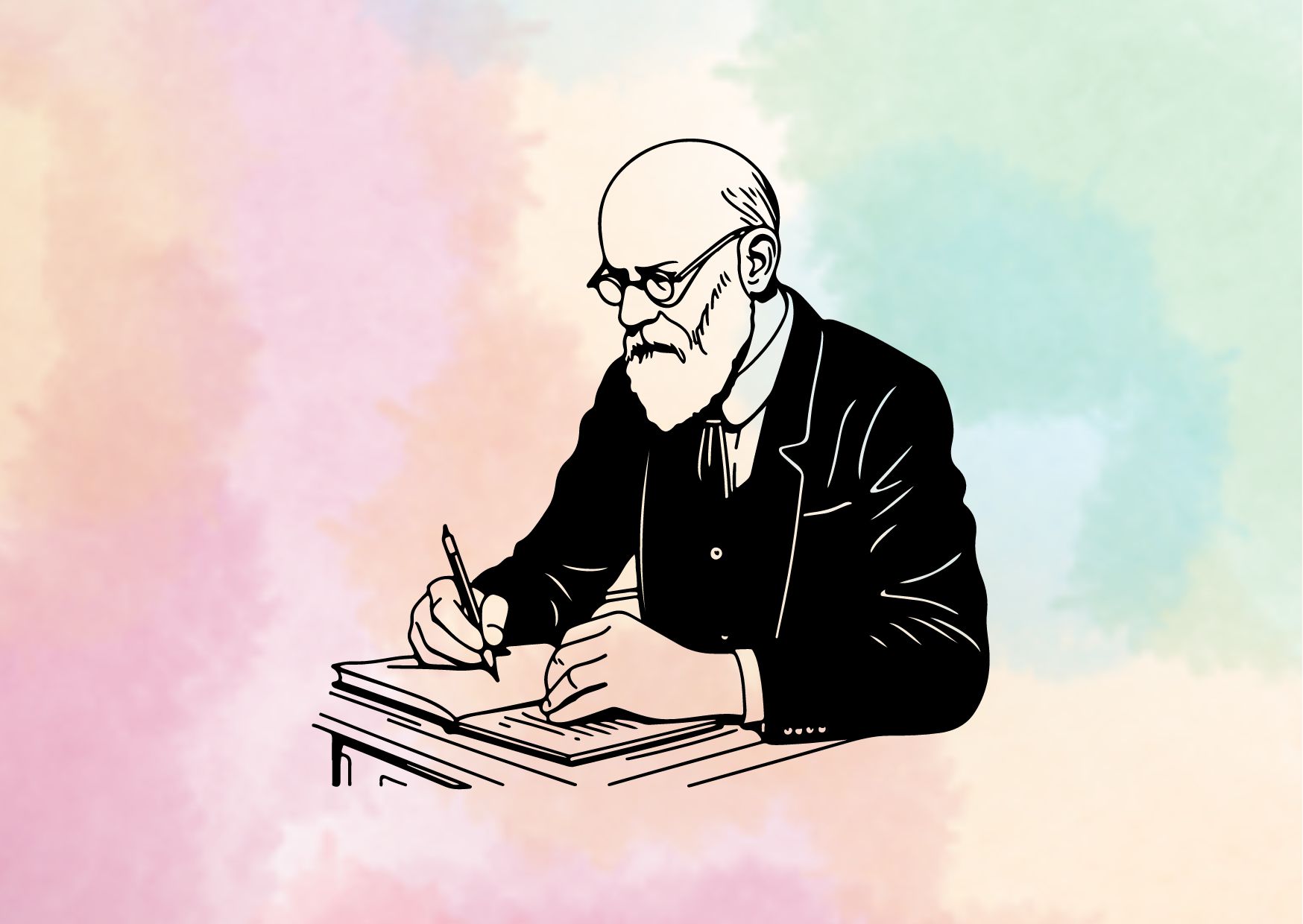10 Typical Signs of the Oedipus Complex
Delving into the human psyche reveals a myriad of complex, intriguing phenomena, among which the Oedipus complex stands out as particularly captivating. Coined by Sigmund Freud, this theory posits a fundamental psychosexual stage of development, where a child harbors a subconscious desire for their opposite-sex parent while feeling rivalry towards the same-sex parent. The significance of the Oedipus complex extends beyond mere curiosity, offering profound insights into the underpinnings of human behavior, emotional development, and familial relationships. Understanding its dynamics not only sheds light on individual psychological development but also highlights the intricate interplay between innate desires and societal norms.
This comprehensive guide endeavors to unpack the myriad facets of the Oedipus complex, starting with a clear definition and exploration of its underlying meaning. Following a journey through its historical roots, the discussion will pivot to the critical Phallic stage of psychosexual development, where the seeds of this complex are sown. The narrative will further explore the signs and symptoms that characterize the Oedipus complex, alongside its counterpart, the Electra complex, offering a gender-inclusive examination of Freud’s theory. Critical narratives and alternative viewpoints, including criticisms and the eventual resolution of the Oedipus complex, will be scrutinized to present a balanced view. Furthermore, alternative theories that challenge or complement Freud’s original hypothesis will also be highlighted, providing a holistic understanding of this fascinating psychological concept and its relevance in contemporary discourse.
What is the Oedipus Complex?
The Oedipus complex, also referred to as the Oedipal complex, is a psychoanalytic theory proposed by Sigmund Freud that describes a child’s unconscious desire for their opposite-sex parent and a corresponding sense of rivalry towards their same-sex parent. This complex is named after the Greek mythological figure Oedipus, who inadvertently killed his father and married his mother.
Definition and Origins
Freud first introduced the concept of the Oedipus complex in his 1899 book “The Interpretation of Dreams,” although he did not formally use the term until 1910. The theory gained prominence as Freud continued to develop his ideas on psychosexual development.
According to Freud, the Oedipus complex arises during the phallic stage of psychosexual development, which occurs between the ages of three and five. During this stage, children develop a sexual attraction towards their opposite-sex parent and harbor feelings of hostility and jealousy towards their same-sex parent, whom they perceive as a rival for the opposite-sex parent’s attention and affection.
Manifestations
In the Oedipus complex, a boy unconsciously desires his mother and views his father as a rival, while a girl develops an unconscious desire for her father and sees her mother as a competitor. Freud believed that these unconscious desires are repressed but still influence a child’s behavior and play a crucial role in their psychological development.
The manifestation of the Oedipus complex can vary, but it often involves a child’s attempts to gain the attention and affection of the opposite-sex parent, while simultaneously harboring resentment or hostility towards the same-sex parent. This complex is considered a normal part of psychosexual development, and its successful resolution is believed to be essential for the formation of a healthy sexual identity and the ability to establish mature interpersonal relationships.
Historical Background of the Oedipus Complex
The Oedipus complex has its roots deeply embedded in the annals of Greek mythology and Sigmund Freud’s profound fascination with the interplay between ancient narratives and the human psyche. Freud’s introduction of this concept was heavily influenced by his interpretation of the timeless tale of Oedipus, the tragic hero of Sophocles’ renowned play, “Oedipus Rex.”
Freud’s Introduction
Freud first introduced the concept of the Oedipus complex during his self-analysis, drawing parallels between the mythological story and his observations of children’s psychological development. He believed that the Oedipus myth held universal significance, resonating with audiences across cultures and eras, and that it encapsulated a fundamental aspect of human psychosexual development.
Freud characterized the Oedipus complex as the loving and hostile wishes that children experience toward their parents at the height of the phallic phase, which occurs between the ages of three and seven. He posited that this psychological condition is universal, with children unconsciously harboring sexual desires for their opposite-sex parent while simultaneously feeling jealousy and hostility toward their same-sex parent, whom they perceive as a rival.
Greek Mythology Influence
Freud’s fascination with Greek mythology extended beyond the Oedipus complex, as he often drew analogies between psychoanalysis and archaeological excavations, likening the process of uncovering the unconscious mind to unearthing ancient artifacts. He believed that the stories and myths of ancient civilizations held profound insights into the human psyche, serving as metaphorical representations of our innermost desires and conflicts.
Much like Greek mythology, Freud believed that the stories individuals tell themselves are their own personal myths, which can reveal a great deal about their unconscious thoughts and motivations. He saw the psychoanalyst’s role as akin to deciphering these personal myths, much like Oedipus solved the Sphinx’s riddle, driven by an innate curiosity and a desire for knowledge.
Moreover, Freud’s thinking was shaped by the European fascination with Greco-Roman antiquity, particularly the concept of ancient phallic worship and the collecting of phallic objects. His own collection of over 2,500 such objects, acquired during a trip to Pompeii in 1902, may have influenced his emphasis on the role of the penis in his psychosexual theories.
By drawing upon the rich tapestry of Greek mythology and the enduring power of ancient narratives, Freud wove a compelling theory that sought to unravel the complexities of human desire, rivalry, and psychological development, leaving an indelible mark on the field of psychoanalysis and our understanding of the human psyche.
The Phallic Stage of Development
The Oedipus complex finds its roots in the phallic stage of psychosexual development, a pivotal phase that Sigmund Freud believed shapes an individual’s sexual identity and future psychological well-being. This stage, spanning the ages of three to six, is characterized by a child’s heightened interest in their genitals as the primary source of pleasure.
Stages in Freud’s Theory
According to Freud’s theory of psychosexual development, the phallic stage is the third stage, preceded by the oral and anal stages, and followed by the latent and genital stages. During each stage, children face a developmental conflict that must be resolved to form a healthy adult personality.
In the phallic stage, children become increasingly aware of their bodies and the anatomical differences between males and females. This newfound awareness sparks a complex mixture of emotions, including erotic attraction, rivalry, jealousy, resentment, and fear, collectively termed the Oedipus complex in boys and the Electra complex in girls.
Importance of the Phallic Stage
The phallic stage holds significant importance in Freud’s theory, as it is during this period that the Oedipus complex unfolds. Freud suggested that during this stage, the primary focus of the libido (life force) is concentrated on the genitals.
For boys, the Oedipus complex arises from an unconscious desire for their mother and a sense of rivalry towards their father, whom they view as a competitor for their mother’s affection. This conflict is accompanied by castration anxiety, an irrational fear that the father will punish the boy by removing his penis.
Girls, on the other hand, experience the Electra complex, characterized by an unconscious sexual attraction towards their father and a perceived competition with their mother. Freud believed that girls also experience “penis envy,” a longing for the male anatomy they lack.

